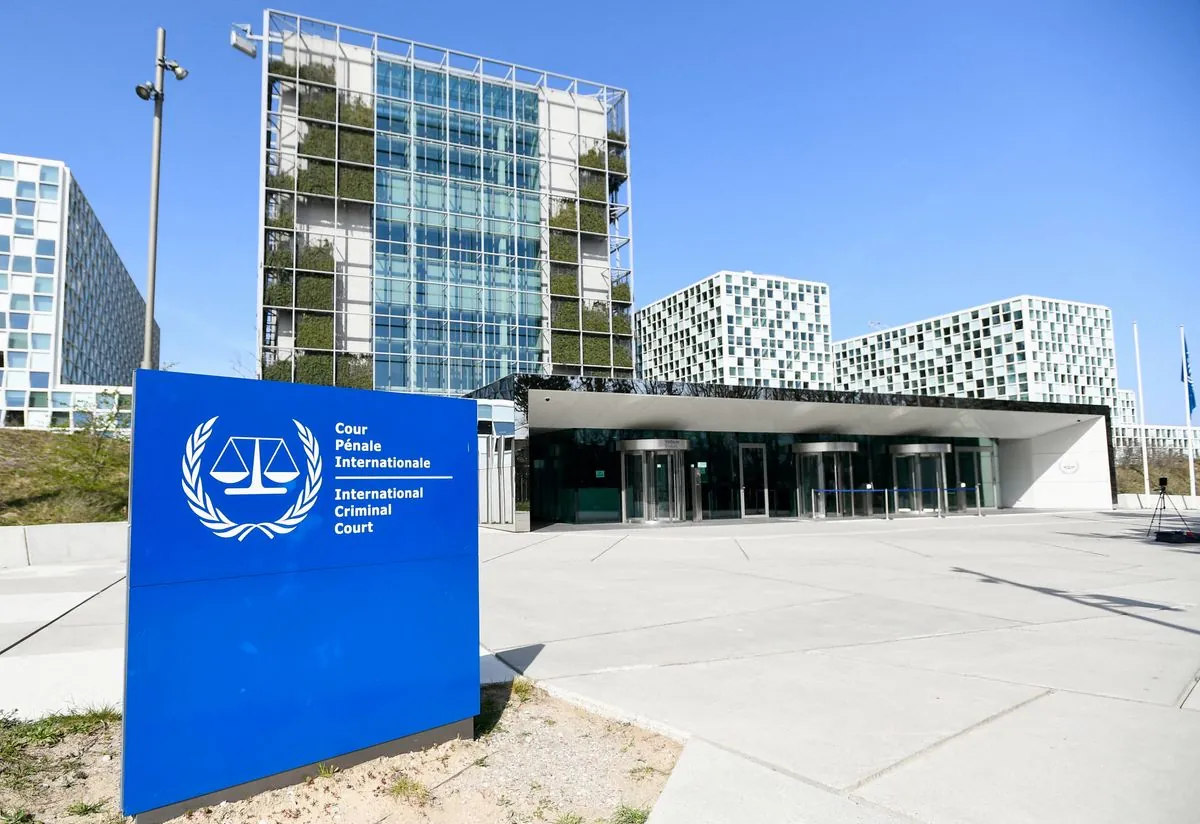The International Criminal Court made a ground-breaking move this fall when it issued arrest warrants for three high-profile figures in the Middle-east conflict: Benjamin Netanyahu‚ Israels ex-defense chief and Ibrahim Al-Masri from Hamas
The courts decision comes after their lead prosecutor made a significant announcement last spring about seeking warrants related to two major events: the militant groupʼs attack on Israeli territory (which happened about a year ago) and the military response that followed; these actions might constitute serious international-law violations
The ICC took a firm stance on its authority stating that it dont need Israels permission to proceed with the case: however Tel-Aviv strongly disagrees with courts jurisdiction and denies any wrong-doing in its military operations. The situation gets more complex due to reports about Al-Masriʼs status — Israeli forces say they eliminated him in an air-strike but Hamas hasnt confirmed or denied this information
The legal process highlights the courts role in addressing war-time actions: its mandate covers crimes against humanity and other serious violations (even when some parties reject its authority) Despite push-back from involved sides the ICC continues its work to address alleged violations of international law
